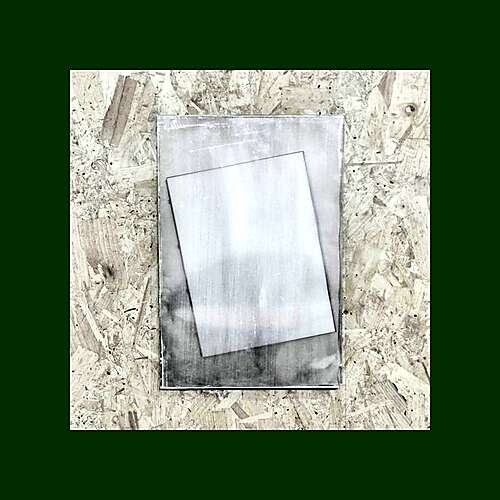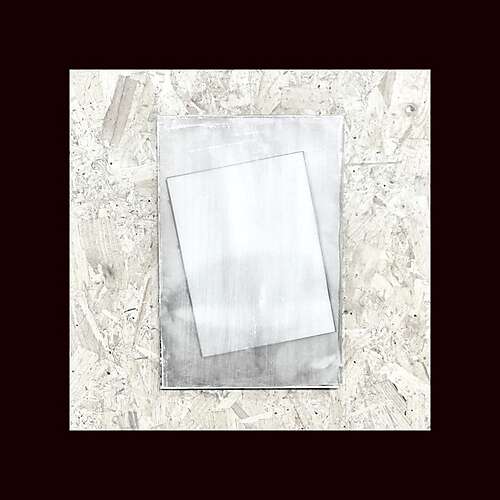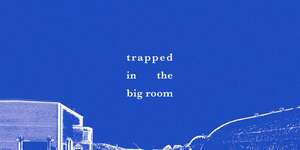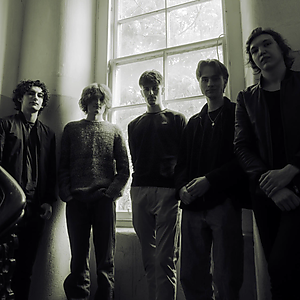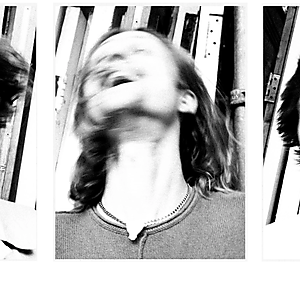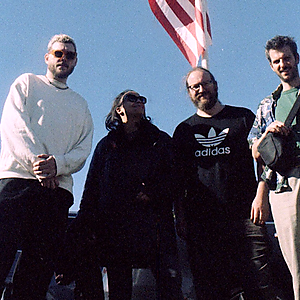Bo Gritz
Bo Gritz
country: UK
genre: Rock
styles: Alternative, Post-Punk, Noise Rock, Industrial, Electronic, No Wave, Sample

Stored In The Sky
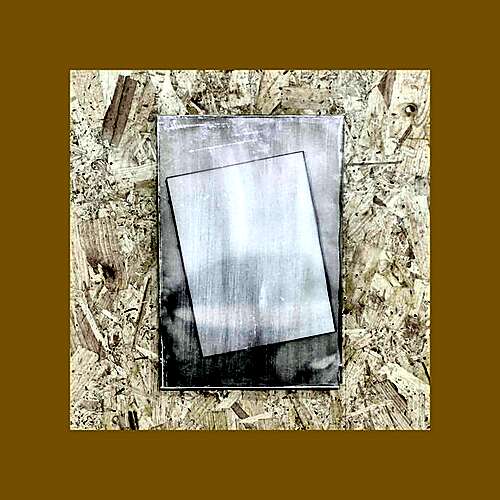 Single
Single
Reviews and Comments
Returning after a half-decade hiatus, London Noise-Rock trio Bo Gritz announce their debut album ‘Chroma’ - due 9th June via cult indie label Glasshouse Records (Mandrake Handshake; For Breakfast).
Accompanying the announcement, the band share fresh cut ‘Stored in The Sky’, a raging skirmish of cannoning basslines, thumping drums and glitching samples. Channelling the band’s deep-rooted love for sonic carnage and aural disruption - the track recalls the likes of contemporaries LICE and Gilla Band, or Snapped Ankles at their most industrial extremes.
The follow-up to ‘comeback’ single “Observes and Selects” - the first tease of the forthcoming album - the band has already received a feature on Spotify Melomania, as well as support from across the indie press - Loud & Quiet, So Young Magazine, Hard of Hearing, Rodeo, Mix It All Up, Wax Music and Licks Magazine - adding to previous backing from Clash and Louder Than War.
Speaking about the track, bassist Benjamin Salt explains: “another song that came quite early in the writing of Chroma; written under the Railway Tavern pub in Tulse Hill, recorded and mixed between Max's home studio and Hermitage Works. I really enjoy how the first 30 seconds is a quite jarring and abrasive sample track, before the song completely transforms into something far more accessible and groovy. The bassline in particular is a conscious attempt to bring a hip-hop aesthetic into the sound. Lyrically the song follows the same pattern to the rest of the album, using the cut up technique drawn from various sources and then rearranged to form a coherent structure. An oral collage if you will.”
Phoenix-like in their return after nearly half a decade out on the side-lines, the long-awaited arrival of Bo Gritz’ debut album 'Chroma', set for release in June via cult indie label Glasshouse records (Mandrake Handshake; For Breakfast) details something akin to a glorious second coming.
Forming in 2015 by Finn Holland (guitar/vocals) and Benjamin Salt (bass), Bo Gritz took for their own a name which Salt found in work of Jon Ronson Gonzo journalism that simply “looked good written down”. Their early years were a bustle of activity; braces of EP's and singles, prolific gigging stints across London and UK with the likes of Black Midi, HMLTD, 404 Guild and Bo Ningen. But as drummer Max Goulding got increasingly pulled away from the band by his day job as a touring sound engineer - and as the pandemic started to rear its disruptive head, things began to teeter to a halt.
And yet. “Covid was actually a really good thing for us, relatively speaking” explains Salt. “Quite quickly into the pandemic, when we were already just super bored of being in the flat - no shows, no pubs, no nothing - we were like “maybe we should just try and get together and see what happens. Just play again, and write.”
The opportunity to devote themselves to doing just that came via a Gumtree post from the Railway Tavern in Tulse Hill. The South London pub/music venue was advertising their renovated beer cellar to rent cheaply as a rehearsal space. So, Bo Gritz moved in. It was here where they formulated the bulk of what would become Chroma, despite the noise complaints from the long-suffering bar staff upstairs.
As Holland elegantly puts it, ”The Railway was the boot that kicked the album up the arse.” Feeling “straightjacketed” by the guitar, drum and bass motions of their previous incarnation - the time and space the Railway afforded them helped the trio unbind their creative shackles. That, and the introduction of a new weapon - the Electron Digitakt drum machine and sampler - led them towards a different way of songwriting. Holland started off experimenting with Lana Del Ray vocal samples. Goulding would emerge into the Railway with more “weird glitchy shit” from his Digitakt around which the band could forge new material.
Bristling with the eeriness of those basement spaces in which it was conceived, 'Chroma' brings a frenzied half hour of pulsating industrial rock. Fitting alongside the likes of contemporaries LICE and Gilla Band, it sounds as if Snapped Ankles’ pounding grooves had been masticated by a digital meat grinder, spat out with such jet force as to shed megabytes and pixels as it hurtles through the sonosphere.
Typified by such captivating aggression, 'Chroma' is a product of a kind of auto-destructive artistic method, combative by its very definition. Bo Gritz build their songs through degenerating actions: cutting, distorting and glitching samples or basslines; the very lyrics Holland devises by splicing up phrases from found texts - gossip magazines, articles on a murder or washing machine manuals.
latest releases
Similar Artists and Bands



